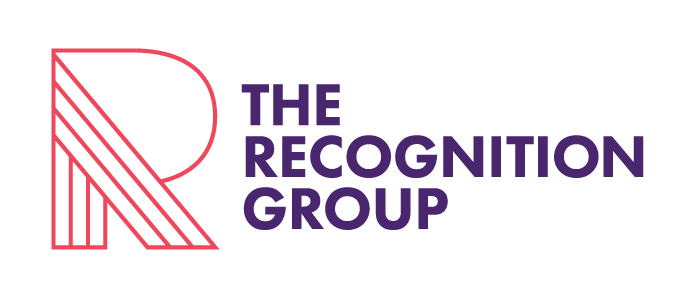Make your first journalist meeting one to remember – for the right reasons
Meeting a journalist face to face, while becoming a little harder to arrange as the media sector re-configures itself, is still a crucial component in any strategic media relations program.
The fact is, a journalist that has met you and had a favourable and useful interaction is a lot more likely to actively follow you, your company, and its fortunes. They are also more likely to respond when you or your PR team pitches a story.
However, like all meetings, getting off on the right foot is critical. A good meeting is a foundation for a mutually beneficial relationship that can last for years (even when you get the occasional tough story). A bad meeting can end your media spokesperson career before it even started.
So how do you make sure that first meeting gets off to a good start?
First – know who you’re meeting. Every journalist exists to produce content for a specific audience (or a number of them in the case of freelancers). If you don’t know their audience, what they’ve been writing previously and some basic facts about them as a person (all very easily found on Google usually) then your meeting may end abruptly. It’s not that journalists are rude, it’s that they aren’t future customers (so they don’t need the sales pitch), they’re on deadline, they meet or interview dozens of spokespeople a week and won’t know too much about you and only you can tell them how you’re relevant to their audience.
For example, if you’re meeting a financial journalist, they probably want to hear about your financial performance, your top-level strategy, plans to invest in the local market and maybe your views on the economic environment as it relates to your sector. They’re certainly not interested in how your products work or why customers should buy them. Believe it or not, it’s pretty much the number one gripe journalists have.
As an aside, your PR agency should brief you on this before the meeting. They should also explain the premise for the meeting, so there are no surprises for anyone about why you’re meeting.
Don’t ever set up a meeting on false expectations (no PR agency that knows what they’re doing would do this). If you do, nine times out of ten the sound of the explosion will be heard on the other side of the ocean.
Second – don’t expect to meet the editor. Editors (mostly) don’t write or produce. They tell their journalists what to write and they maintain the integrity of the content that’s produced. You’re much better served meeting an up-and-coming journalist that’s actively building their network and eager to get a deeper understanding of the sectors they cover.
Great executive spokespeople recognise this and work hard to foster these relationships. Poor ones think they’ve been short-changed by meeting a mere journalist and not an editor. They don’t tend to get many stories and can never work out why.
Third – know your stuff and venture an opinion. If you’re a captain of industry then you should be able to communicate original thoughts on a range of topics you’re qualified to speak on. If you’re a subject matter expert, you should still have your own personal way of explaining your topic that isn’t repeating what’s written on your corporate website. However, you’re probably not expected (or allowed at a corporate level) to discuss too much outside that remit.
Also be clear on what you can’t discuss. Know your boundaries and stick to them. Just because a journalist asks doesn’t mean you need to tell. There are ways to handle that situation nicely and professionally.
Fourth – Try to meet the journalist at a place that suits them, not you. At the end of the day, your just one spokesperson the journalist can choose from. Make it easy for them to pick you and not your competitor for a meeting (because their PR team will be working hard to achieve just that). Journalists are time poor, increasingly desk-bound and will be grateful if you make it easy for them to duck downstairs to a local coffee shop. Of course, that’s not going to work in every situation, and freelancers (of which there is a growing army) work from home in all locations. But as a rule, try to get to the journalist.
It also makes it a little harder for the journalist to bale on the meeting last minute when they know you’re on your way or waiting downstairs for them.
On that, journalists do move their schedules around all the time. They will try not to cancel on meetings that have taken some time to set up, that they’re genuinely interested in and with senior executives (if they are senior enough). But breaking news is breaking news and you can get shunted sideways for a bigger story at any time. It’s just life in the media and you may need to start over getting a new time to meet.
Lastly – follow up after the meeting. Recap on what you covered and thank them for their time. Send any answers to questions you promised to look into and let them know you’ll stay in touch and set up another meeting down the track when you have some updates to share. Invite them to contact your comms team or PR agency (provide contacts and numbers) at any time if they want to get in touch.
Do follow them on Twitter if you use it (still very popular with the media), maybe add them on LinkedIn but check with your PR agency first as it’s not black and white.
Never add them to your other locked personal social media accounts. It’s just too problematic. Your personal space (and theirs) is exactly that, personal, and should stay that way.
